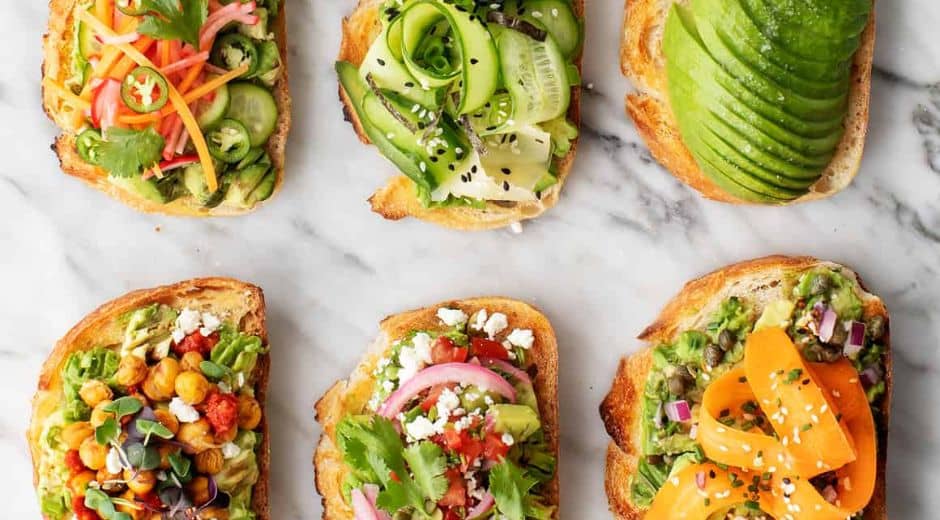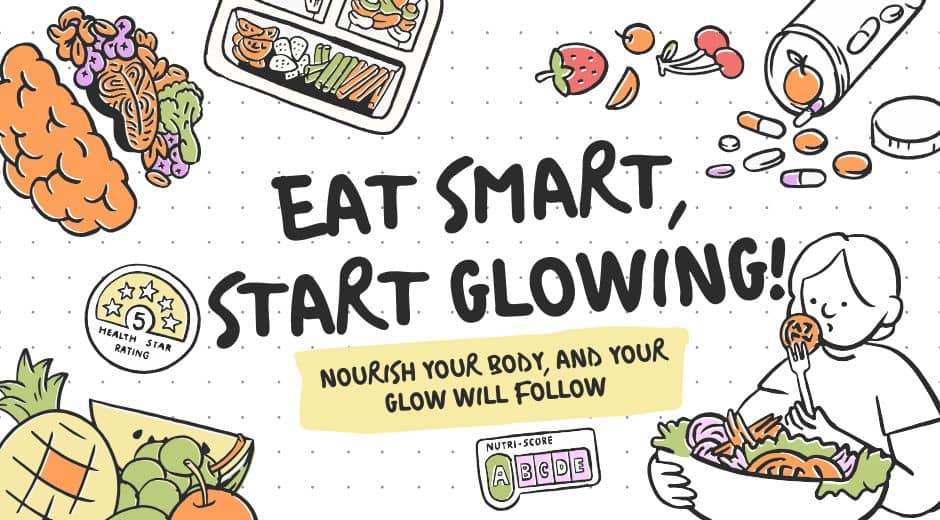How to Create a Balanced Nutrition Plan Without Extreme Diets
Struggling with fad diets or extreme restrictions? A sustainable nutrition plan is key to long-term health, energy, and well-being. Extreme diets may offer quick results but often lead to nutrient deficiencies, fatigue, and weight rebound. This guide will help you build a practical, balanced nutrition plan that fits your lifestyle, supports your goals, and keeps your body nourished without unnecessary restrictions.
Why balanced nutrition matters
Balanced nutrition provides all essential macronutrients — carbohydrates, proteins, and fats — along with vitamins, minerals, and fiber. This combination supports metabolism, boosts immunity, maintains muscle mass, and improves mental clarity. Unlike extreme diets, balanced eating ensures your body has the fuel it needs while promoting sustainable weight management and overall wellness.
Step 1: Assess your current eating habits
Start by keeping a food journal for 3–5 days. Record meals, snacks, and beverages along with portion sizes and timing. This helps you identify patterns, gaps in nutrients, or overconsumption of processed foods. Being aware of your habits is the first step toward building a healthier, balanced nutrition plan.
Step 2: Include all essential food groups
A well-rounded plan incorporates:
- Vegetables and fruits: Provide fiber, antioxidants, and micronutrients.
- Whole grains: Offer sustained energy and support digestion.
- Lean proteins: Maintain muscle and support metabolism.
- Healthy fats: Found in olive oil, nuts, and avocados, support brain health and hormone balance.
- Dairy or alternatives: Source of calcium, vitamin D, and protein.
Step 3: Focus on portion control
Balanced nutrition isn’t about strict calories or eliminating favorite foods — it’s about appropriate portions. Use visual cues: half your plate with vegetables, one-quarter with lean protein, one-quarter with whole grains. Portion control supports steady energy levels and prevents overeating while maintaining flexibility for occasional indulgences.
Step 4: Plan meals and snacks
Meal planning helps avoid last-minute unhealthy choices. Prepare a weekly menu including breakfast, lunch, dinner, and two snacks. Choose simple, nutrient-rich recipes and batch cook when possible. Incorporate hydration with water or herbal teas. Planning ahead reduces stress and encourages mindful eating habits.
Step 5: Balance macronutrients in each meal
Each meal should include a mix of carbohydrates, protein, and fat to maintain blood sugar levels and satiety. For example, oatmeal with berries and almonds for breakfast, a quinoa salad with chicken and vegetables for lunch, and grilled fish with roasted vegetables and olive oil for dinner. This balance ensures consistent energy and supports overall health.
Step 6: Incorporate mindful eating
Mindful eating encourages awareness of hunger and fullness cues. Eat slowly, chew thoroughly, and avoid distractions like phones or TV. This practice promotes better digestion, reduces overeating, and fosters a positive relationship with food.
Step 7: Include variety and flexibility
Avoid rigidity. A balanced nutrition plan allows flexibility for social events and occasional treats. Rotating foods across weeks provides a range of nutrients and prevents taste fatigue. Remember, consistency over perfection is the goal.
Science-backed insights
Research consistently supports balanced diets over extreme regimens for long-term health. Nutrition authorities like Forbes, The New York Times, and Harvard Health recommend diverse, nutrient-rich diets for heart health, weight management, and disease prevention.
Practical tips for long-term success
- Gradually implement changes instead of overhauling your diet overnight.
- Keep healthy snacks available to avoid processed food temptations.
- Track your progress weekly to stay motivated and accountable.
- Combine with physical activity for optimal results.
For a more detailed approach, check our internal guide on Healthy Eating Habits for Energy and Longevity.
Final thoughts
Creating a balanced nutrition plan doesn’t require extreme diets or complicated rules. By focusing on variety, portion control, mindful eating, and flexibility, you can build a sustainable plan that nourishes your body and supports long-term health. Start small, stay consistent, and enjoy the process of discovering foods that energize and satisfy you.
Education Made Simple

Energy Balance Habits For Sustainable Performance
Energy Balance Habits For Sustainable Performance

Holistic Body Care Beyond Exercise And Diet
Holistic Body Care Beyond Exercise And Diet

Physical Ease Practices For Pain Free Movement
Physical Ease Practices For Pain Free Movement













